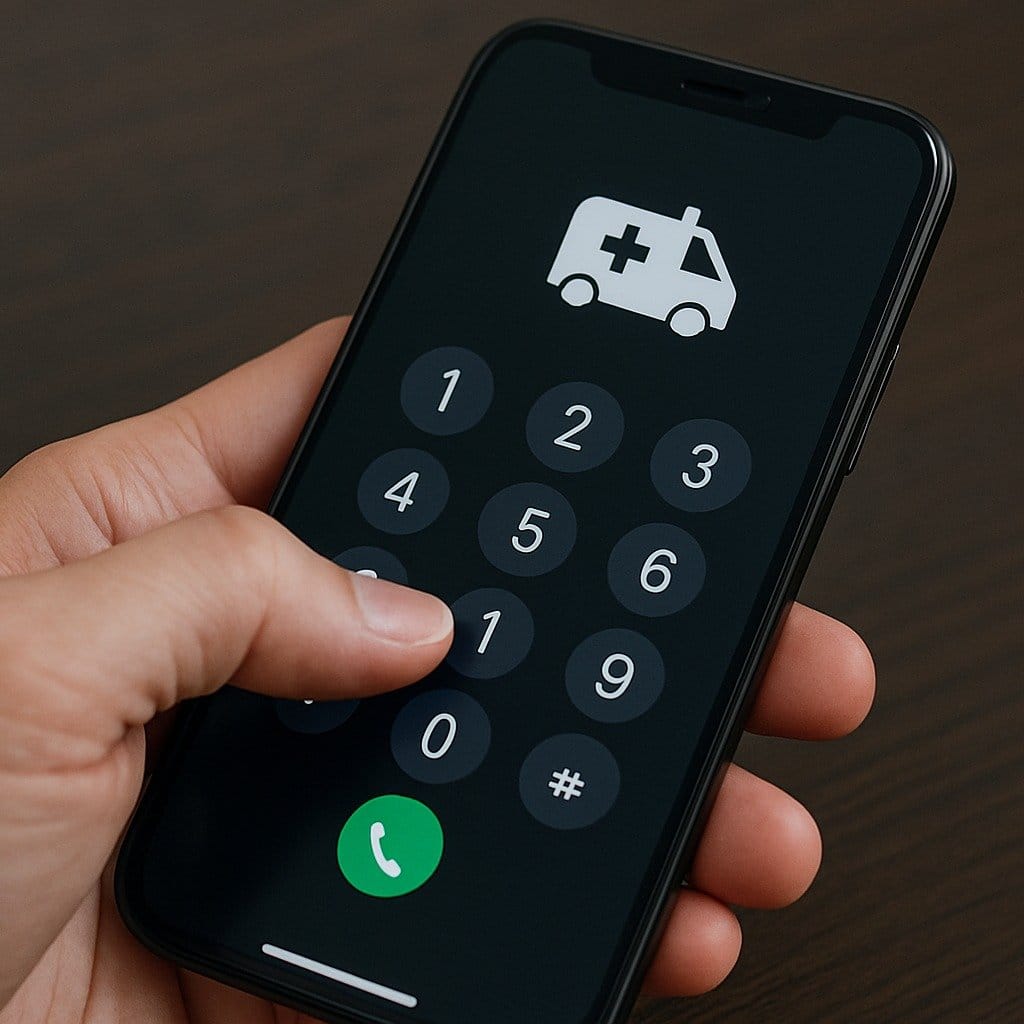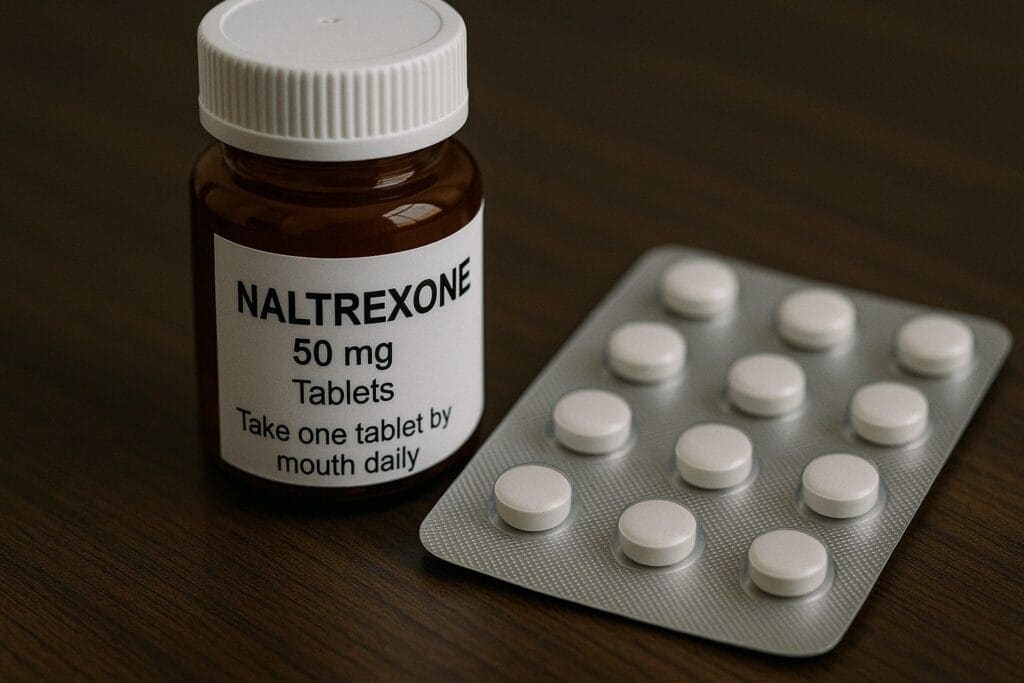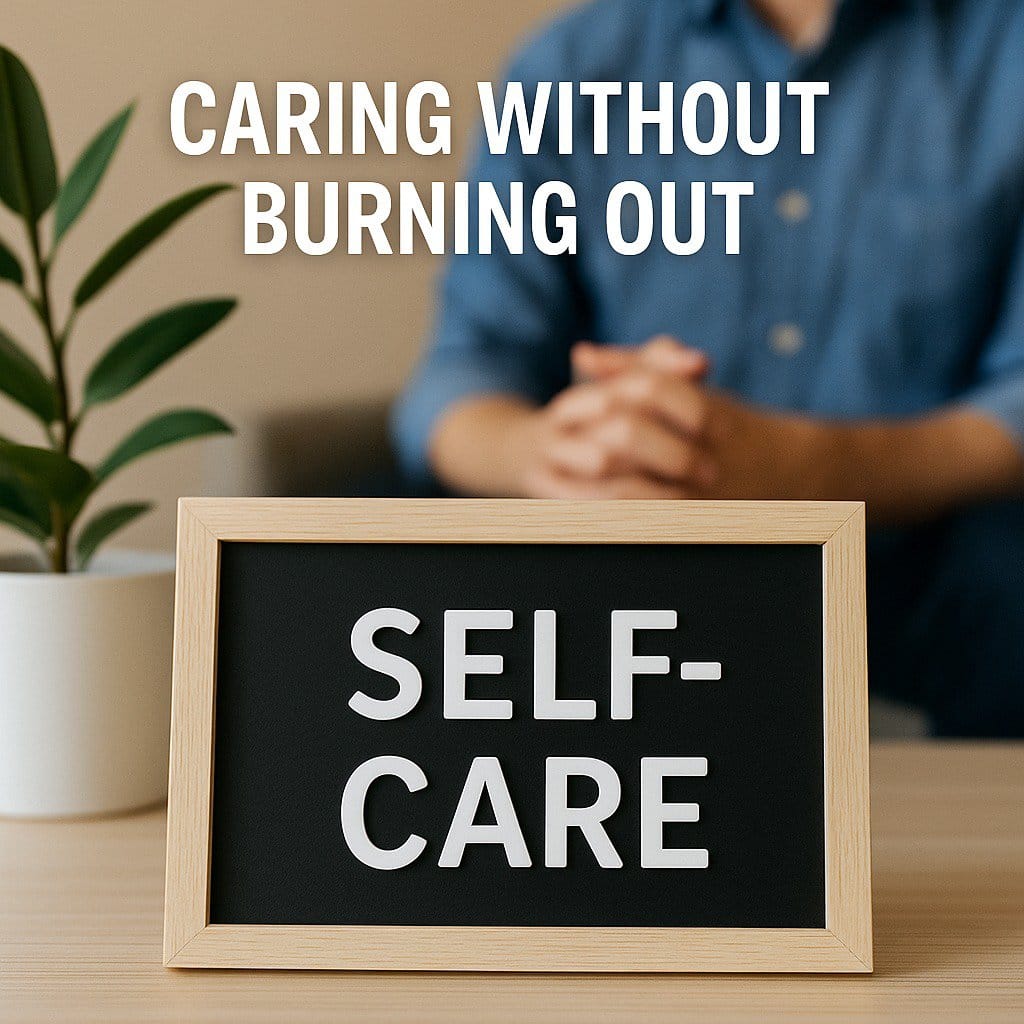Heroin Addiction, Treatment, and Relapse: Understanding the Cycle and Real Recovery Possibilities
Jennifer’s journey through her son Alex’s heroin addiction reveals a powerful truth: recovery is a complex process full of setbacks, but also opportunities for growth. Relapses taught their family valuable lessons, ultimately leading to sustained recovery. Understanding addiction as a chronic disease, much like managing diabetes or asthma, helps families maintain hope and set realistic expectations. Comprehensive support and treatment, family involvement, and resilience are key to overcoming addiction and rebuilding lives. Recovery is a challenging yet transformative journey, offering new beginnings and stronger family bonds.












